What’s your status?
… that’s a bit forward, don’t you think?!
And you thought condo-related documentation would put you to sleep.
In all seriousness, before you buy a condo (more accurately, a unit in a condominium corporation), it’s important to learn about, understand and be aware of the differences between the handful of (really) important guiding documents that are unique to each condominium.
The most important of which is the Status Certificate.
Very basically, this is the disclosure document for the condo corporation. As the name implies, it provides a snapshot of the status of the building, property and, more accurately, the corporation that owns/runs it.
It will outline all pertinent financial information (i.e. the current budget, monthly maintenance/condo fees, amount of money in the reserve fund and projected expenditures (i.e. needing a special assessment?!)) as well as list any/all outstanding lawsuits and insurance claims.
Also, it will show if/which owner(s) is/are behind on their condo fees (commonly referred to as ‘being in arrears’ … which is particularly important to know if they’re then trying to sell their unit). If a vendor (i.e. the seller) is behind on their fees, a lien may be placed against their unit which will have to be paid in full before the sale transaction can be completed.
No hiding from the watchful (financial) eye of the condo corp!
Its purpose is to allow a buyer to gain critical understanding about a condo corporation’s operations and practices. Naturally, there are other things that it will contain (list included, below) but these are the most important.
Once requested from the property management company responsible for the condo, it can take up to 10 business days to arrive and can cost up to $100.00. Best to plan ahead, order it early on and not wait until the last minute.
Make sure to review it with your real estate lawyer as part of the due diligence process before you complete a purchase transaction. Always, always listen to your lawyer’s advice (they are looking out for your best interests, after all).
There are several other documents you should read, also (come back soon to read all about these). How exciting does that sound, eh?
I’m sure you’re all now leaning forward in anticipation, with bated breath
… stay tuned.
POST SCRIPT:
Here’s a more fulsome list (although not entirely complete) of other details you’ll find in a typical Status Certificate:
Contains info re: operational, legal and financial aspects of the condo corp
Statement of common expenses (inc. amount payable per unit per month – i.e. what a unit’s ‘condo fees’ are)
Particulars re: any upcoming increases in common expenses
A statement assessment relating to the reserve fund (re: if there is/will be a special assessment levied)
Info re: applications for amendments to the declaration (i.e. if anyone wants make any changes to the condo rules)
Status of any legal action being taken against the condo corp
Copy of current declaration, bylaws and rules (another blog coming up about this soon!)
Listing of current agreements (i.e. with a management company, insurance provider, etc.)
Owner compliance with current agreements regarding modifications that relate to the unit
Most recent reserve fund study
Number of units leased for fiscal year preceding the status certificate date.
Any planned or proposed additions, alterations, or improvements to the common elements, assets of the condo corporation or services
… and more (contact me for more information).


